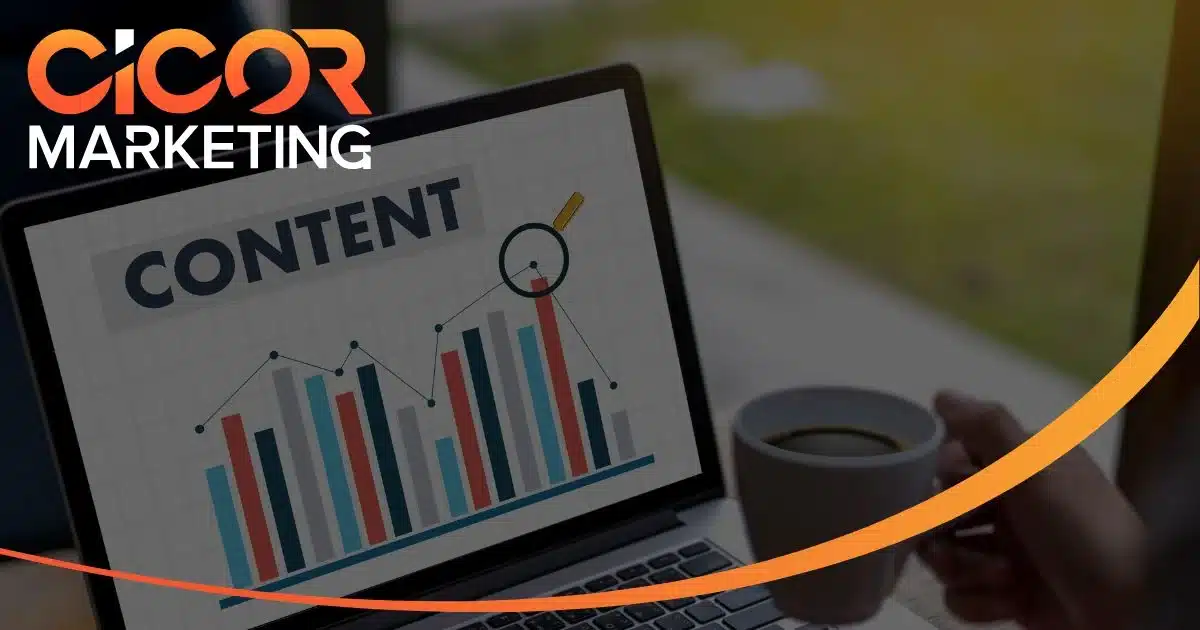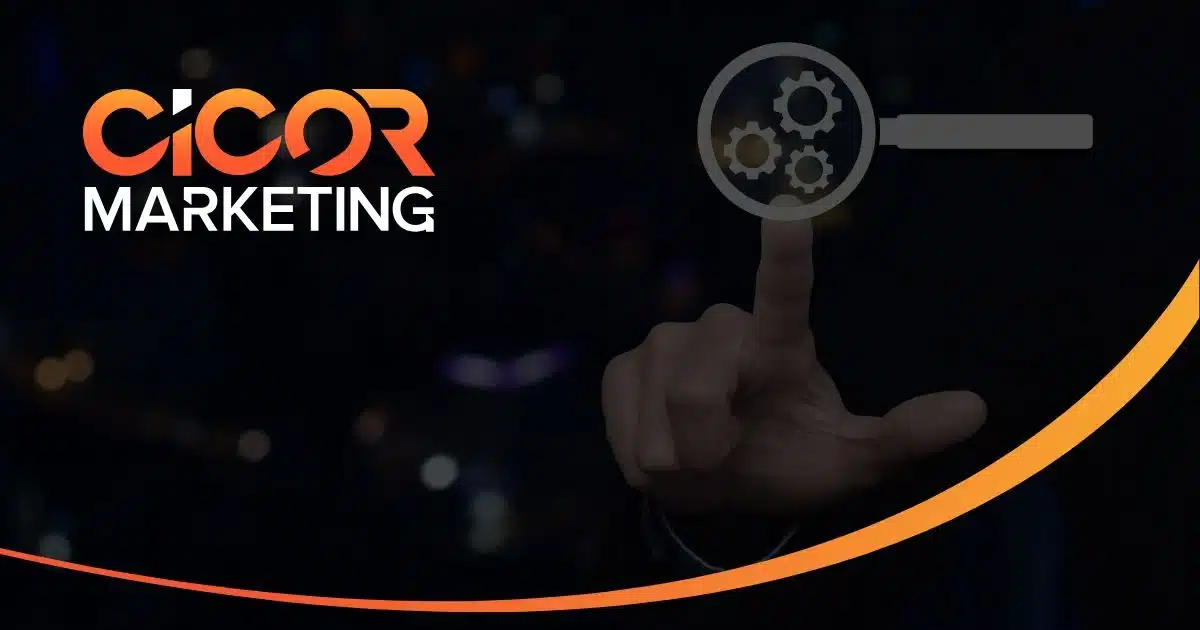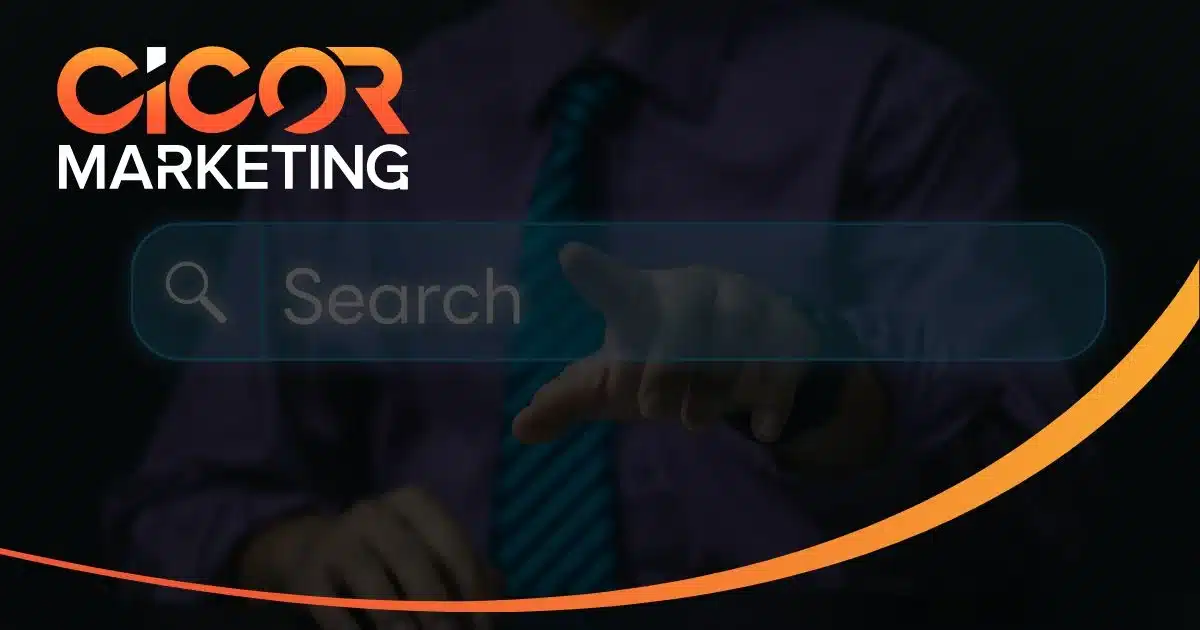Streamline your marketing with automation & CRM. Improve customer relationships, boost efficiency, and drive sales with smart, data-driven strategies.
AI vs Human Marketing: How to Find the Right Balance for Real Results
In the ever-evolving world of digital marketing, the rise of AI Marketing has sparked excitement and a fair number of questions. Artificial Intelligence promises faster results, better targeting, and streamlined operations. But is it enough on its own?
At CICOR Marketing, we believe the future of marketing isn’t man or machine it’s both. When AI and human creativity work together, brands unlock smarter strategies, better performance, and more meaningful customer relationships.
Here’s how to strike the right balance.
What AI Marketing Does Best
AI (Artificial Intelligence) shines when it comes to data, speed, and automation. It analyzes behavior, predicts outcomes, and helps you make informed decisions faster than any person could. These efficiencies not only save time but also give marketers an edge in an increasingly competitive market.
What Humans Do Better (and Always Will)
AI is smart, but it doesn’t understand people the way skilled and experienced marketers do. It doesn’t feel, imagine, or understand emotion. That’s where your human CICOR Marketing team brings magic.
Looking for a partner who understands the balance between innovation and intuition? Discover our full Brand Strategy services.
Final Thoughts
Smarter Marketing Starts With Balance
AI is not a trend, it’s a tool. And like any tool, it works best in skilled hands.
At CICOR Marketing, we don’t believe in either-or. We believe in combining the power of AI marketing technology with the insights of experienced marketers to build strategies that connect, convert, and grow with confidence.
Ready to scale your marketing with the right blend of innovation and authenticity?
Let’s talk or explore our full suite of digital marketing services.













